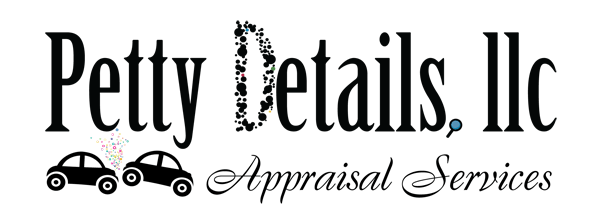How To Choose A Body Shop
If you’ve been in an automobile collision, after the initial shock and if the vehicle is not a total loss, the first thing to do is to determine where to get repairs done and get the vehicle there.
Most people simply take their vehicle to a dealer facility or a body shop that is suggested by the insurance adjuster or company.
Although there are always exceptions, dealer facilities and body shops that insurance carriers suggest are not normally on the top of my list for high quality repairs. I present to you a few insider tips and questions that you should be thinking of when you select a repair facility.
WHAT TO LOOK FOR WHEN CHOOSING A BODY SHOP
1. Ask the repair facility if they are on a direct repair program (DRP) with any insurer.
A direct repair program is one where the insurance company has made a “deal” with the shop to agree to use the shop’s estimate as a repair figure, and the trade off is that the shop agrees to write the estimates in a manner that the insurance company approves, most of the time.
So what does this mean for the vehicle owner?
If the body shop is performing repairs for a company where they have a “deal” and they are agreeing to go by the insurance company’s regulations regarding repair processes, the customer is not consulted on questionable items. For example, if there is a choice between repairing and replacing a damaged item (let’s say an inner fender), then the “deal” the shop has made will likely come into play and whichever is cheaper is normally what the shop is required to do by the contract, regardless of whether the cheaper repair is better for the customer or not. Most of the time a DRP program is focused on what is good for the bank account of the insurance company and the body shop, and not what is good for the customer (although they will tell adjusters and customers the DRP program is for the customers’ benefit).
2. Is the repair facility clean?
Just like in an office or home, if there is clutter all about, it normally translates to inefficiency and sloppiness. Look for a body shop that has all its tools organized and that has neat and tidy workstations. While there are always exceptions, most of the time, a sloppy shop performs sloppy repairs.
3. Will the boss talk to you?
If you are left dealing with a clerk or service tech, you can bet that the shop is working on a quantity vs. quality basis. If you can’t discuss the repair process with the shop manager or owner, then steer clear! They will be much more difficult to contact if there is some problem with your repair.
4. Can you get referrals?
Ask the shop for the names of some former customers and ask those people how the shop treated them and how happy they are with the repairs performed.
That’s it! The point is to make sure your shop is working for YOU and not the insurance carrier. If the shop is clean, the staff is helpful, and you are able to confirm that they have a good reputation with former customers, then I can’t imagine that you’ll have a problem with your repairs. If you do have a problem, simply pick up the phone and call our office for a free consultation and we’ll try and provide you with the information you need to make an informed decision about how to resolve your problem.

